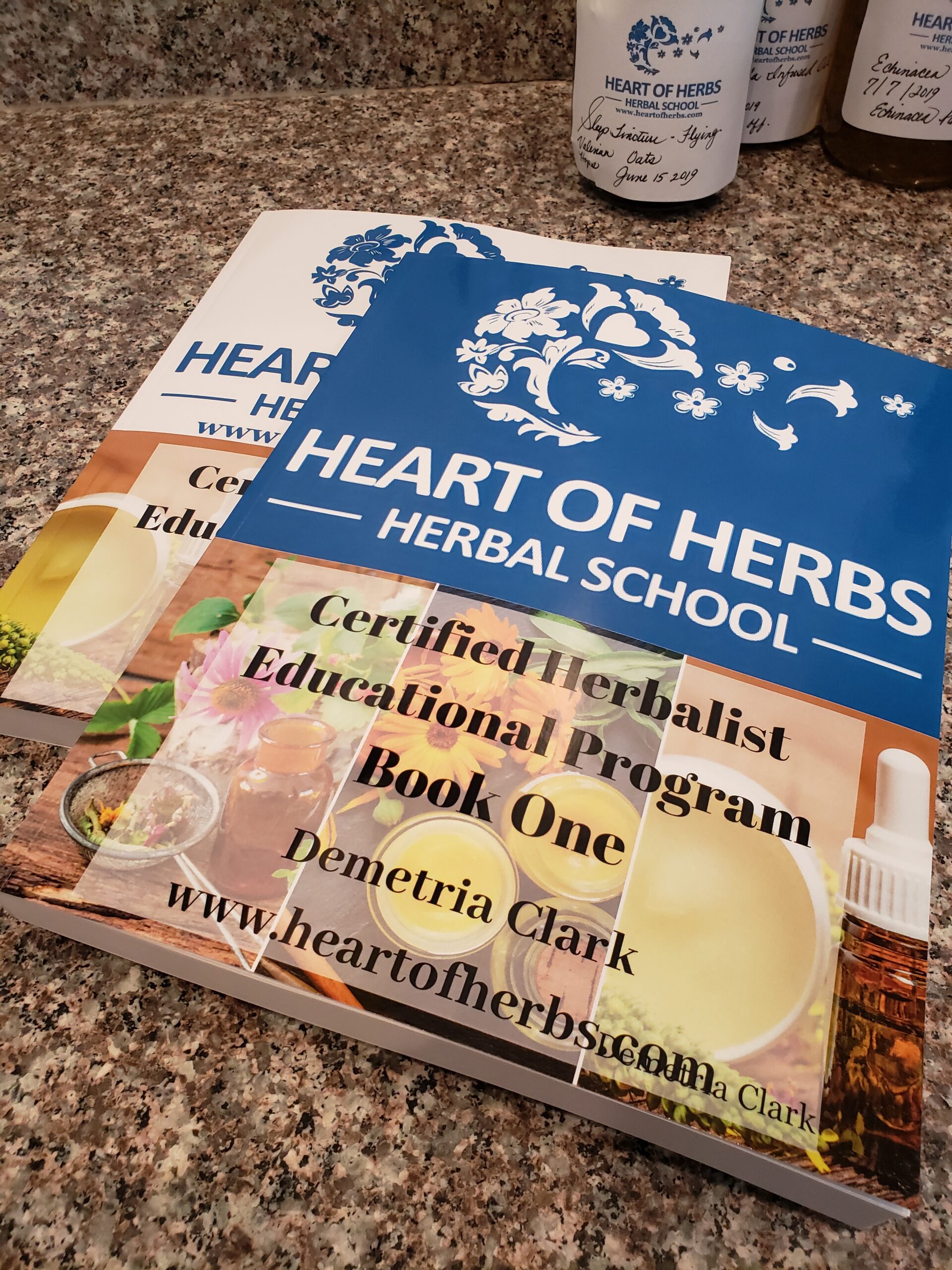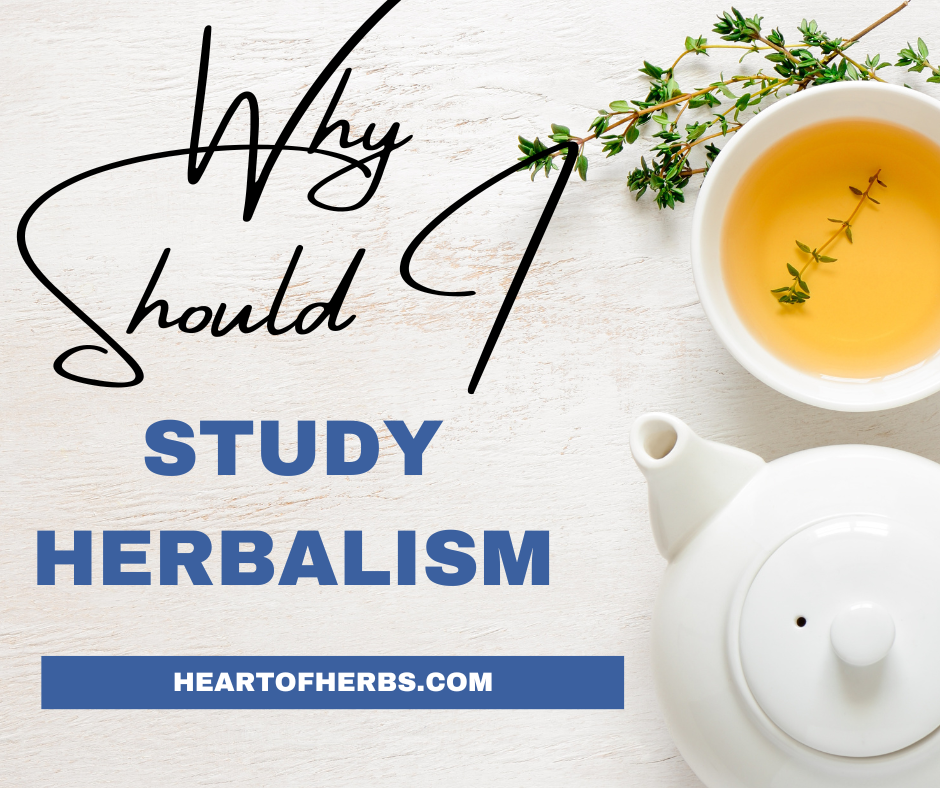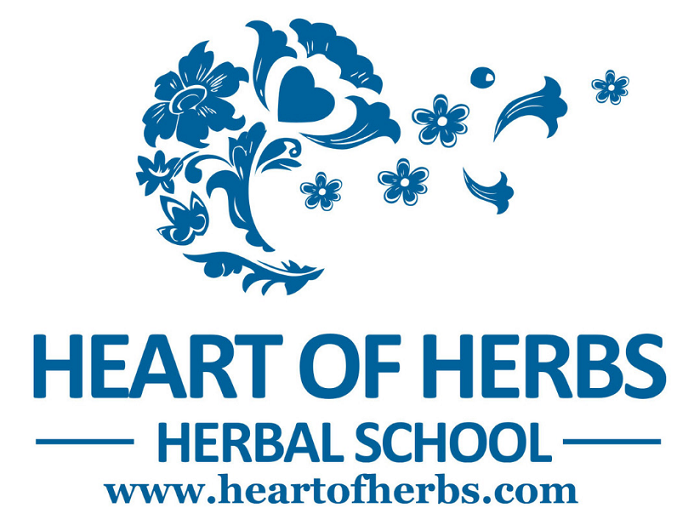
The Importance of Herbal Education
Before diving into the details of choosing the right herbal school for your career, it’s essential to understand why herbal education matters. Herbalism is a field that involves the use of plants and natural remedies to promote health and well-being. It has been practiced for centuries and continues to gain popularity as people seek alternative and holistic approaches to healthcare.
Proper herbal education equips you with the knowledge and skills to work with plants and herbs safely and effectively. Learn more about the Importance of Herbal Education.
It allows you to:
- Serve Your Community: Herbalists play a vital role in helping individuals and communities achieve better health naturally.
- Promote Sustainable Practices: Herbal education often emphasizes sustainability and ethical harvesting, contributing to the conservation of plant species.
- Career Opportunities: Herbalism offers many career opportunities, from clinical herbalist to herbal product development.
- Personal Growth: Herbal education can be a profoundly enriching experience, connecting you with nature and your own well-being.
Now that you understand the importance of herbal education let’s explore how to choose the right herbal school for your journey.
Types of herbal schools and programs available
Herbal education comes in various forms, catering to different learning styles and career goals:
- Traditional Herbal Schools: These schools offer in-depth, comprehensive programs that cover the history, traditions, and practical aspects of herbalism. They often include hands-on training and clinical experience. These experiences can be in person or online.
- Online Herbal Programs: These programs allow flexibility and remote learning. However, they may require self-discipline and dedication to complete effectively.
- Herbal Short Courses: Short-term workshops and classes are ideal for those exploring herbalism without committing to an entire program. We have the Introduction to Herbalism Course and others to help you explore herbalism.
- Apprenticeships: Learning directly from experienced herbalists through apprenticeships can be an invaluable hands-on experience.
Recognition and certification in herbal education
When choosing an herbal school, accreditation, and certification are crucial considerations:
- Recognition: Look for schools recognized by herbal organizations or educational bodies. This ensures that the school fulfills specific standards of quality and curriculum.
- Certification: Determine whether the school offers certification programs that align with your career goals. Certification can enhance your credibility as an herbalist.
- Regulatory Requirements: Research the legal requirements for herbal practice in your area. Some regions may require specific certifications or licenses.
Researching and comparing herbal schools
To find the best herbal school for you, conduct thorough research:
- Online Reviews: Read reviews and testimonials from current and former students to gain insights into the school’s strengths and weaknesses.
- Curriculum: Examine the school’s curriculum to ensure it covers the topics you’re interested in, such as herbal materia medica, botany, and clinical skills. Futhermore, it is important to see topics like anatomy, business and other beneficial skills in your syllabus.
- Faculty Expertise: Research the qualifications and experience of the faculty members. Experienced instructors can provide valuable insights.
- Cost and Financial Aid: Consider the tuition fees and whether the school offers financial aid, scholarships, or payment plans.
Choosing the right herbal school for your career goals
Your career goals should guide your choice of an herbal school:
- Clinical Herbalist: If you aim to work one-on-one with clients, prioritize schools that offer clinical training and certification.
- Herbal Product Development: Look for programs that emphasize herbal formulation and product development.
- Herbal Medicine Manufacturing: Consider schools that teach the science and practical aspects of herbal product manufacturing.
- Botanical Medicine: For a more formal education and potential career in healthcare, explore universities offering botanical medicine degrees.



Financing your herbal education
Investing in herbal education can be financially rewarding in the long run. Here are some tips for financing your herbal studies:
- Scholarships and Grants: Explore scholarships and grants specifically for herbal students or healthcare-related fields.
- Financial Aid: Check if the school provides financial aid options or payment plans.
- Part-Time Work: Consider working part-time while studying to cover living expenses.
Additional resources for herbal education and career development
In addition to formal herbal education, consider these resources for ongoing learning and career development:
- Herbal Conferences: Attend herbal conferences and workshops to network and learn from experienced herbalists.
- Books and Online Courses: Continuously expand your knowledge through books and online courses in herbalism.
- Herbal Associations: Join herbal associations to access resources, networking opportunities, and mentorship.
Taking the next steps in your herbal education journey
In conclusion, choosing the right herbal school is a significant step toward building a successful career in herbalism. Remember to align your educational choice with your career goals, research your options thoroughly, and explore financial assistance opportunities. With the right herbal education, you can embark on a fulfilling journey in the world of herbal remedies and vibrant health. Good luck on your herbal education journey, and I hope you enjoyed learning about the importance of herbal education.
Disclaimer
Disclaimer Blog
The information presented on the Heart of Herbs Herbal School/Demetria Clark websites is for educational purposes only. Heart of Herbs Herbal School/Demetria Clark Education LLC makes neither medical claims nor intends to diagnose or treat medical conditions. Links to external sites are for informational purposes only. Heart of Herbs Herbal School/Demetria Clark neither endorses them nor is in any way responsible for their content. Readers must do their own research regarding the safety and usage of any herbs, recipes, or supplements.
